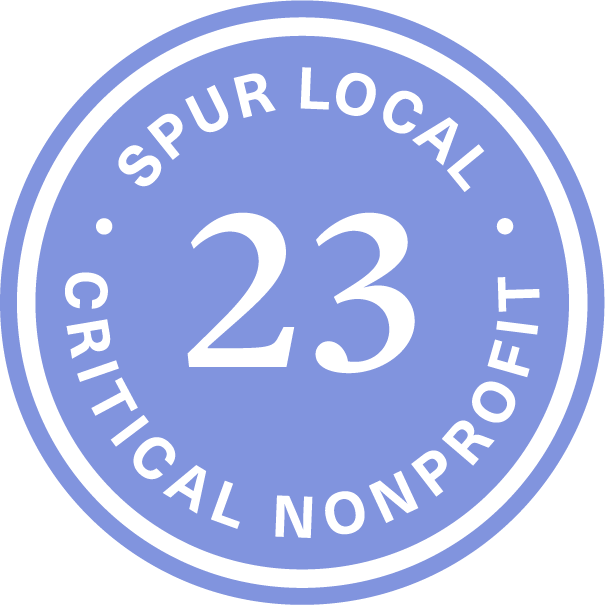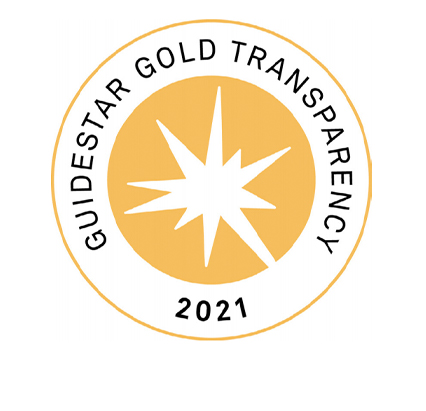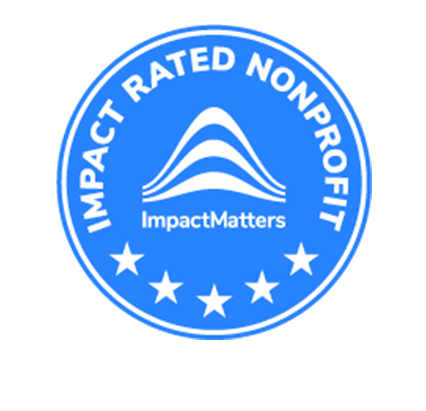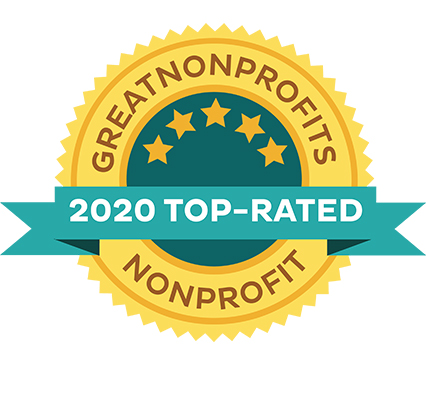Langan Denhard is our Health and Wellness Intern at the Cornerstone site.
She is a senior at the University of Maryland studying Community Health.
Abusive relationships are characterized by an imbalance of power and control. The existence of transitional housing programs like DASH allows survivors and their children to leave a controlling and disempowering situation and move toward financial and emotional independence.
Most transitional housing programs are not like DASH. Though well-intentioned, many other organizations rely on a model that can be controlling. They may require residents to attend mandatory services every week in order to stay in the program—even if the services don’t meet their identified needs. Some organizations may also refuse housing to survivors who struggle with mental health and substance use issues—problems that research has proven to be directly correlated with experiencing intimate partner violence.
Though the DASH framework comes with unique challenges, it’s pretty simple to explain: safe housing is a right, not a privilege. As a domestic violence program, we won’t turn anyone away because of the challenges they face linked to or exacerbated by homelessness or domestic violence. So everyone comes into our program with their own experiences, and we just don’t have the power to tell them what they need to do.
This gives us the freedom to offer varied services and groups based on the residents’ own requests and self-identified needs. We advertise each event by putting flyers and sign-up sheets around the building and sometimes directly reminding residents about the opportunity if we feel like they would benefit. If some groups aren’t as widely attended, that may reflect to us what some of the residents feel like they need. If even just one of the residents finds the program useful, that is reason enough to continue offering it. Above all, we see our residents as people with their own growing sense of agency whose decisions deserve respect and understanding.
The residents who choose to attend our programs (which include but are not limited to: acupuncture, weight lifting, grief groups, and resume workshops) report finding them effective and helpful. One of our residents said she felt like DASH was a place of healing and, “the purpose of coming here is to center everything around ourselves,” and move forward. She regularly attends and enjoys our parenting classes. We are currently evaluating and changing our services based on what feedback we get from residents.
Another resident, who had previously been in a program that provided mandatory services, said she appreciated that at DASH, “if you’re not feeling well you don’t have to go, and if you’re busy you don’t need to attend [the groups].” Her favorite DASH group is “Let’s Talk!” where the residents can get together and talk about life and the unique challenges they face.
Our model seems more like common sense than innovation—not only is it based on respect, it’s proven to work. A study of different transitional housing models by the National Network to End Domestic Violence showed that women receiving services felt that voluntary programs were more effective. Women reported the most satisfaction when the advocacy staff provided options, support, and most of all—the ability to make their own decisions.
Sources:




